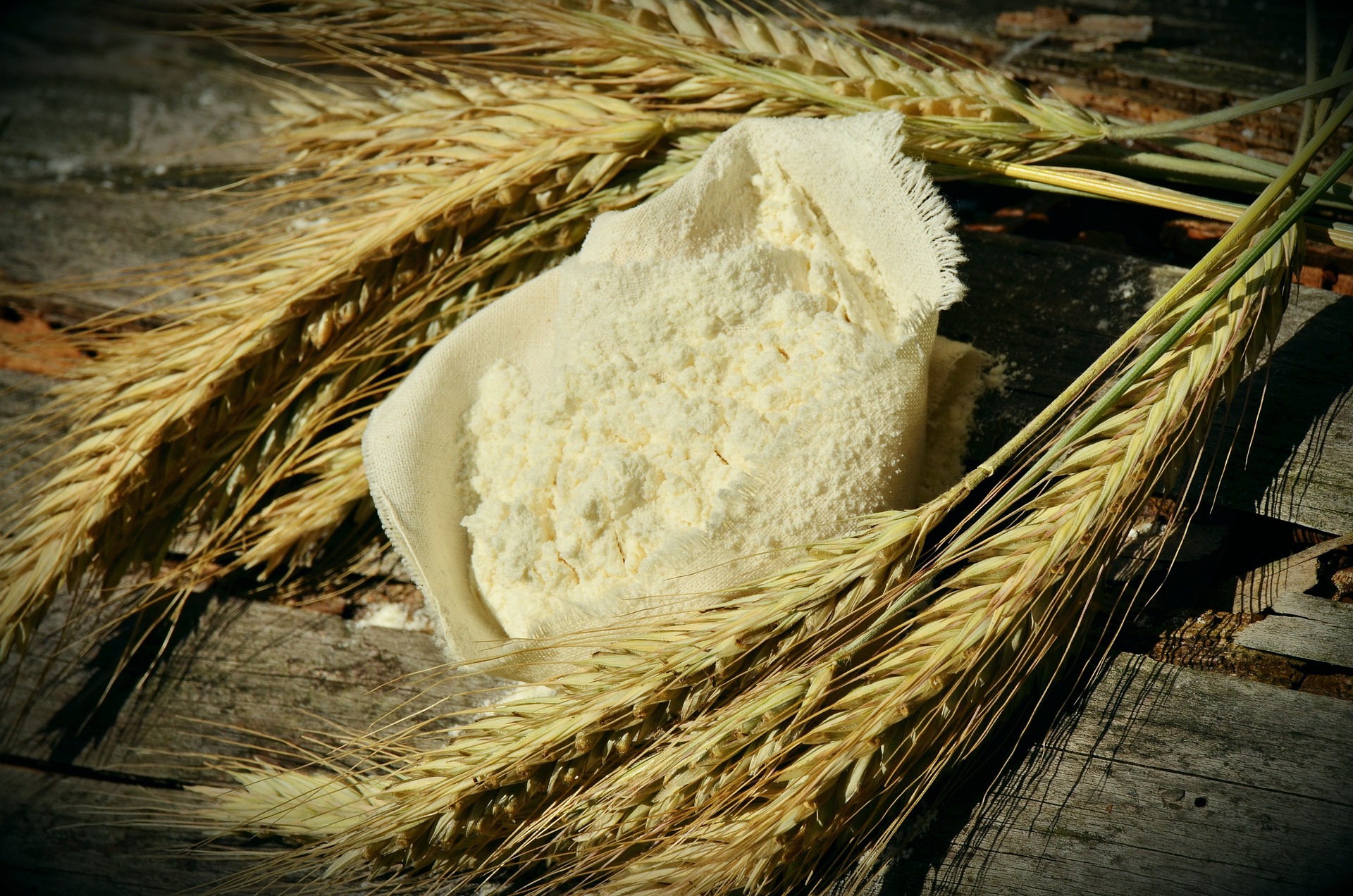The American and Italian flour types have some differences in their characteristics and uses.
In Italy, there are several types of wheat flour that are used for different purposes. The most popular brands, such as Caputo, produce flours specifically designed for making traditional Italian dishes such as pizza and pasta.
For example, Caputo offers a “00” flour, which is a highly refined, soft wheat flour that is ideal for making pizza dough because it produces a light and airy crust. This type of flour is not commonly available in the USA, at least not in the usual grocery stores. It is fairly easily found from online retailers.
On the other hand, American flours are generally labeled based on their protein content, with all-purpose flour being the most commonly used type. All-purpose flour in the USA is usually a blend of hard and soft wheat, while Italian “00” flour is made from a higher quality type of soft wheat.
The types of Italian flour (farina) include:
- 00 Flour: This is the finest and most refined type of farina, with a very fine texture and high gluten content. It is often used for making pasta, pizza dough, and baked goods that require a delicate texture, such as cakes and pastries.
- 0 Flour: This type of farina is slightly coarser than 00 flour and has a slightly lower gluten content. It is often used for making lighter baked goods, such as cakes and pastries, and for dusting surfaces for rolling out dough.
- Manitoba Flour: This type of farina is made from a specific type of wheat that is grown in the northern regions of Italy. It has a high gluten content and is often used for making breads and other baked goods that require a strong structure.
- Farro Flour: This type of farina is made from the ancient grain farro, which is a type of wheat that is higher in fiber and nutrients than other types of wheat. Farro flour is often used for making wholesome baked goods, such as breads and crackers.
If you are trying to replicate an authentic Italian dish, you may find that the differences in flour are the little thing that gets it from close to perfect.
I’ve used the Antimo Caputo brand and really like it. I get nothing from them to say that. I’ve been happy with my pizza crusts and pasta, and sourdough breads that I’ve made with their farina.
